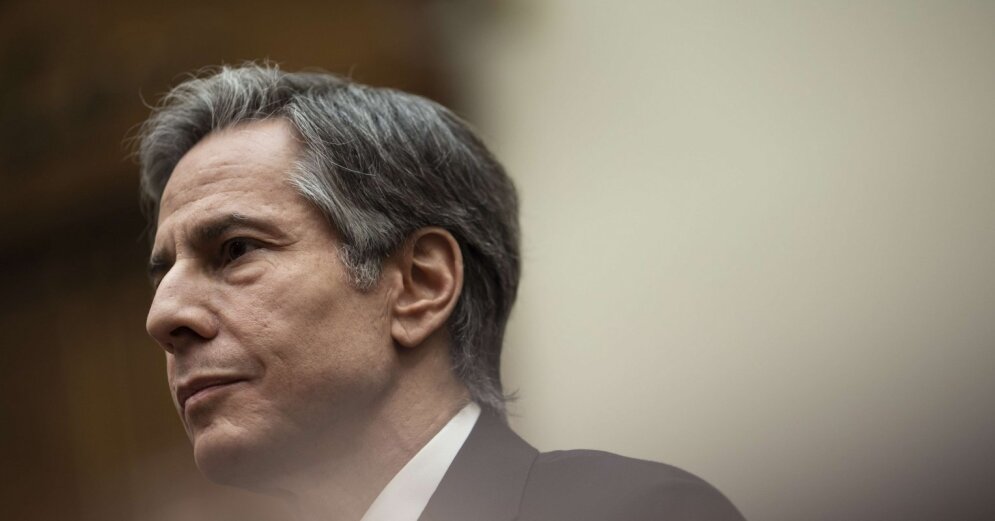Content will continue after the ad
Advertising
–
“I will not name a specific date, but we are approaching the point where a firm return to the Joint Comprehensive Action Plan (JCPOA) will no longer bring the benefits that this agreement achieved,” Blinken told reporters in Germany under the official name of the nuclear pact.
Blinkens explained that Iran continues to work on the nuclear program, so the point is approaching where the return of the JCPOA from the US point of view will be problematic.
“We have not yet reached this point, but it is getting closer,” said the head of the US State Department.
The International Atomic Energy Agency (IAEA) released a report on Tuesday stating that Iran was “seriously undermining” its monitoring tasks after Tehran postponed some inspections of nuclear activities to be carried out by a UN agency.
Germany also stated that the two-three-month period mentioned by Tehran, after which negotiations on the resumption of the nuclear pact could resume, was too long.
German Foreign Minister Heiko Sister said he had urged his new Iranian counterpart to “return to the negotiating table sooner” in a recent telephone conversation.
Berlin expects the new Iranian government to continue to support the results of the negotiations so far.
The agreement Iran signed with the United States, Britain, China, France, Germany and Russia in 2015, committing to limit its nuclear program in exchange for easing sanctions, is on the verge of collapse since 2018, when the then US president Donalds Tramps decided that Washington would withdraw from the agreement and renew sanctions against the Iranian economy.
Following the US decision, Iran also began to withdraw from its treaty obligations, but has repeatedly promised to resume compliance if the US lifts sanctions.
–
